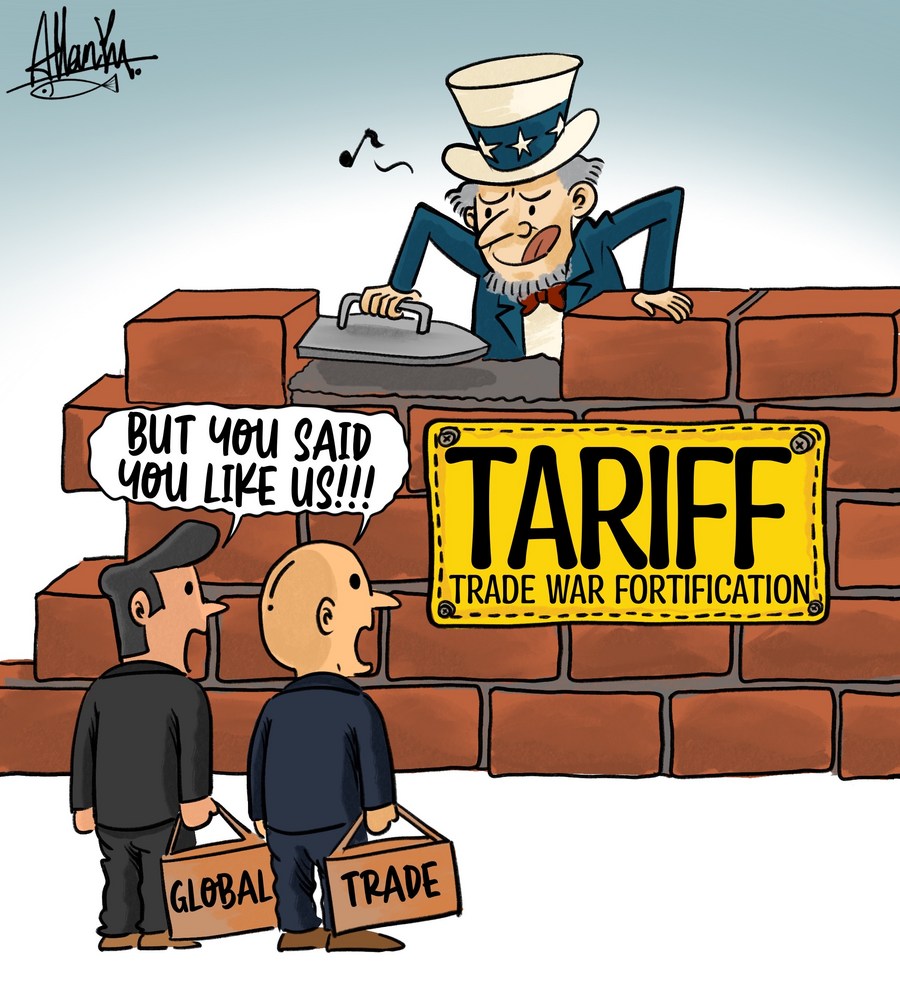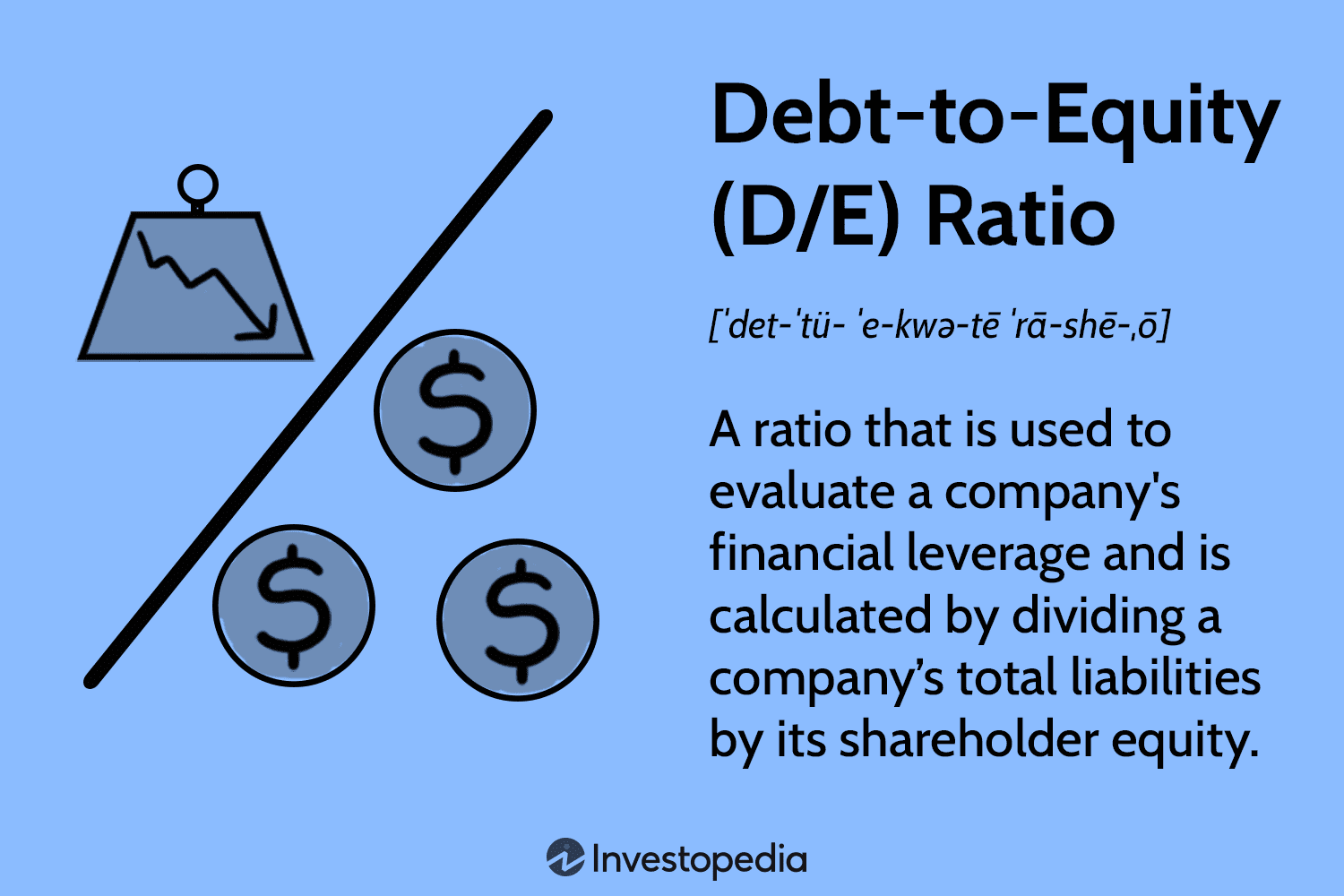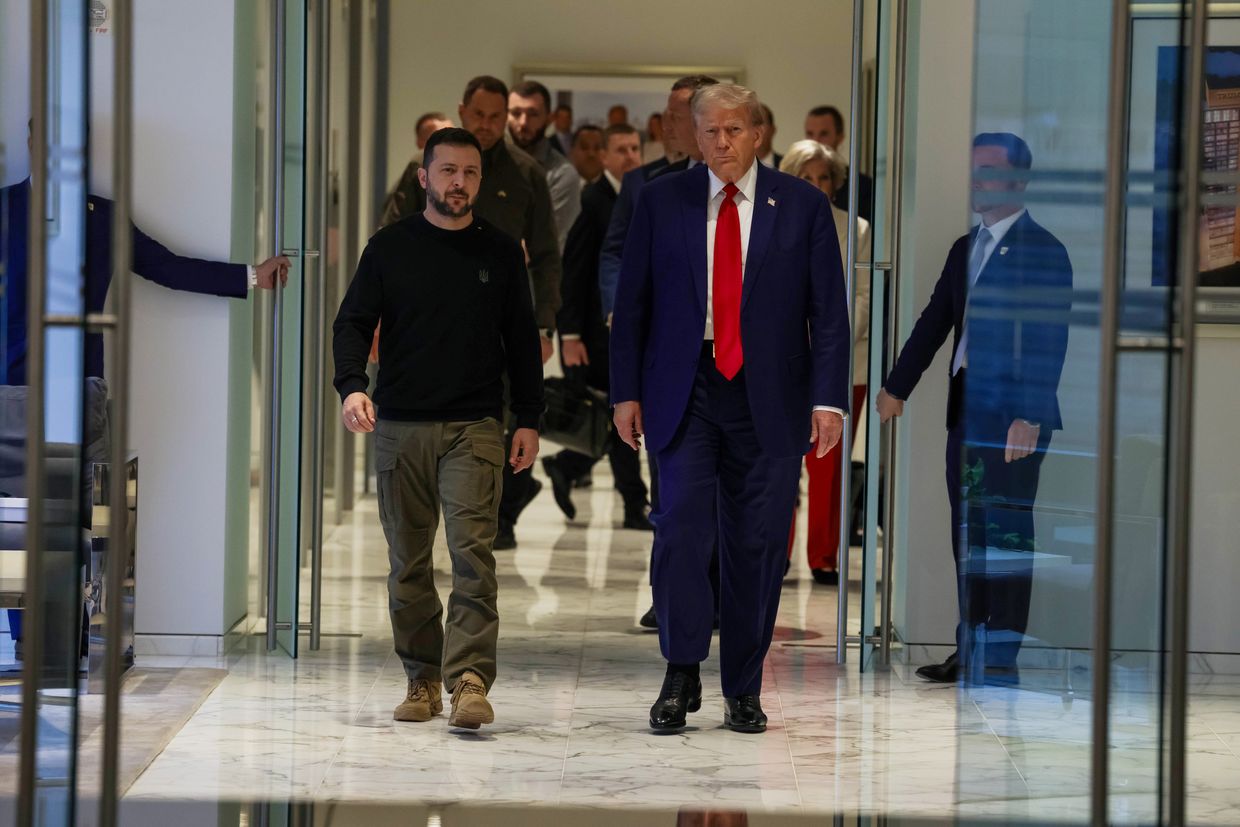China's Tariff Exemptions: Impact On US Goods

Table of Contents
The History and Context of China's Tariff Exemptions on US Goods
The trade war between the US and China, beginning in 2018, saw the imposition of significant tariffs on a wide range of goods. These tariffs, intended to address trade imbalances and intellectual property concerns, created uncertainty and hardship for many US businesses exporting to China. However, amidst this tension, China implemented a system of tariff exemptions for US goods, offering some relief to specific sectors. These exemptions, often granted on a case-by-case basis, are designed to alleviate the immediate economic pain caused by tariffs while still maintaining a firm stance on trade negotiations. Key legislative acts and announcements regarding these exemptions often lacked transparency, adding to the challenges faced by US companies.
- Timeline of major tariff increases and subsequent exemption announcements: The initial wave of tariffs in 2018 was followed by several rounds of increases and countermeasures. Exemption announcements often followed periods of intense negotiations and lobbying efforts.
- Examples of sectors initially heavily impacted by tariffs: Agriculture, particularly soybeans and pork, faced immediate and substantial challenges. The technology sector, encompassing semiconductors, electronics, and software, also experienced significant disruptions to its supply chains.
- The role of lobbying and political pressure in securing exemptions: The process of securing China's tariff exemptions for US goods often involved significant lobbying efforts by affected industries and their representatives. Political pressure, both within the US and through diplomatic channels, also played a crucial role.
Sectors Significantly Affected by China's Tariff Exemptions
China's tariff exemptions have had varying impacts across different sectors of the US economy.
Agriculture
The agricultural sector, especially soybean and pork producers, felt the brunt of the initial tariffs. China's decision to grant exemptions for certain agricultural products significantly influenced export volumes.
- Quantifying the impact: Data shows a sharp decline in exports before the exemptions and a subsequent rebound, though not always to pre-tariff levels. The percentage change varied significantly depending on the specific product and the timing of the exemptions.
- Effects on US farmers and agricultural businesses: The uncertainty surrounding tariffs and exemptions led to financial instability for many farmers. Some adapted by diversifying markets, while others faced bankruptcy.
Technology
The technology sector, a major player in US exports to China, saw significant disruption due to tariffs. China's tariff exemptions played a crucial role in mitigating the damage to certain tech companies.
- Specific examples of companies affected: Companies involved in the production of semiconductors, integrated circuits, and other high-tech components experienced varying degrees of impact.
- Implications for technological innovation and global supply chains: The tariffs and subsequent exemptions highlighted the interconnectedness of global supply chains and the vulnerability of US tech companies to geopolitical tensions.
Manufacturing
Various manufacturing sectors experienced the effects of fluctuating tariffs and exemptions. This uncertainty led to challenges in production planning and investment decisions.
- Challenges faced by manufacturers: The volatility in the trade relationship forced many manufacturers to rethink their production strategies, often leading to increased costs and reduced competitiveness.
- The role of outsourcing and shifting production locations: Some manufacturers shifted production to other countries to avoid the tariffs, highlighting the impact on US jobs and manufacturing capabilities.
Economic and Geopolitical Implications of China's Tariff Exemptions
China's tariff exemptions have had far-reaching economic and geopolitical consequences.
-
Impact on the US trade deficit with China: While exemptions offered some relief, the overall impact on the trade deficit was complex and depended on the extent and scope of the exemptions.
-
Influence on bilateral relations between the US and China: The granting of exemptions could be seen as a sign of willingness to de-escalate tensions, but also served as a tool to exert influence in negotiations.
-
Effects on global trade and supply chains: The disruptions caused by the tariffs and exemptions underscored the interconnected nature of global trade and the need for stable and predictable trade policies.
-
Potential long-term effects on US competitiveness: The uncertainty and disruptions caused by the trade war may have long-term effects on US competitiveness in certain sectors.
-
The role of international trade agreements and organizations: International trade organizations and agreements have a significant role to play in creating a more stable and predictable global trade environment.
-
Analysis of the impact on consumer prices in the US: While tariffs initially raised prices on some goods, the impact of exemptions on consumer prices was less clear-cut and depended on a variety of factors.
Predicting Future Trends in China's Tariff Exemptions for US Goods
Predicting future trends in China's tariff exemptions requires considering several factors.
-
Potential shifts in China's trade policy: China's trade policies are likely to continue to evolve, influenced by domestic economic priorities and global geopolitical considerations.
-
Ongoing impact of the trade war and potential future negotiations: The legacy of the trade war will continue to shape the relationship between the US and China, influencing future tariff decisions.
-
Long-term prospects for US businesses seeking tariff exemptions: US businesses need to develop strategies that account for the uncertainty inherent in the US-China trade relationship.
-
Potential scenarios for future tariff adjustments: Several scenarios are possible, ranging from further de-escalation to renewed tensions.
-
Opportunities and challenges for US companies in the Chinese market: Despite the challenges, the Chinese market remains significant for many US businesses.
-
The role of technological advancements and global economic shifts: Technological advancements and global economic shifts will influence trade patterns and the strategies of US businesses seeking access to the Chinese market.
Conclusion: Navigating the Complexities of China's Tariff Exemptions
China's tariff exemptions for US goods have significantly impacted various sectors of the US economy, creating both opportunities and challenges. Understanding the history, implications, and potential future trends of these exemptions is crucial for businesses navigating the complex landscape of US-China trade. Staying informed about changes in China's tariff policy is paramount. Seeking professional advice on navigating the complexities of China's tariff exemptions and their impact on your specific goods is highly recommended. For further research on China's tariff exemptions and their impact on specific sectors, consult resources like the US Department of Commerce and the US Trade Representative's office. Proactive monitoring and strategic planning are essential for US businesses to successfully compete in the ever-evolving Chinese market.

Featured Posts
-
 New Lapd Videos Detail Events Leading Up To Shooting Of Weezer Bassists Wife
Apr 28, 2025
New Lapd Videos Detail Events Leading Up To Shooting Of Weezer Bassists Wife
Apr 28, 2025 -
 The Impact Of Musks X Debt Sale A Look At The New Financials
Apr 28, 2025
The Impact Of Musks X Debt Sale A Look At The New Financials
Apr 28, 2025 -
 First Meeting Since Oval Office Clash Trump And Zelensky Attend Popes Funeral
Apr 28, 2025
First Meeting Since Oval Office Clash Trump And Zelensky Attend Popes Funeral
Apr 28, 2025 -
 Hudsons Bay Liquidation Up To 70 Off At Closing Stores
Apr 28, 2025
Hudsons Bay Liquidation Up To 70 Off At Closing Stores
Apr 28, 2025 -
 Zelensky And Trump Meet Ahead Of Popes Funeral Following White House Confrontation
Apr 28, 2025
Zelensky And Trump Meet Ahead Of Popes Funeral Following White House Confrontation
Apr 28, 2025
Latest Posts
-
 75
Apr 28, 2025
75
Apr 28, 2025 -
 Tecno Universal Tone
Apr 28, 2025
Tecno Universal Tone
Apr 28, 2025 -
 Coras Subtle Red Sox Lineup Changes For Doubleheader
Apr 28, 2025
Coras Subtle Red Sox Lineup Changes For Doubleheader
Apr 28, 2025 -
 Could Espns Red Sox Outfield Prediction For 2025 Come True
Apr 28, 2025
Could Espns Red Sox Outfield Prediction For 2025 Come True
Apr 28, 2025 -
 Slight Lineup Shift For Red Sox Doubleheader Game 1
Apr 28, 2025
Slight Lineup Shift For Red Sox Doubleheader Game 1
Apr 28, 2025
